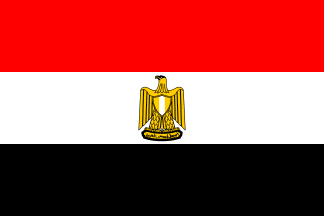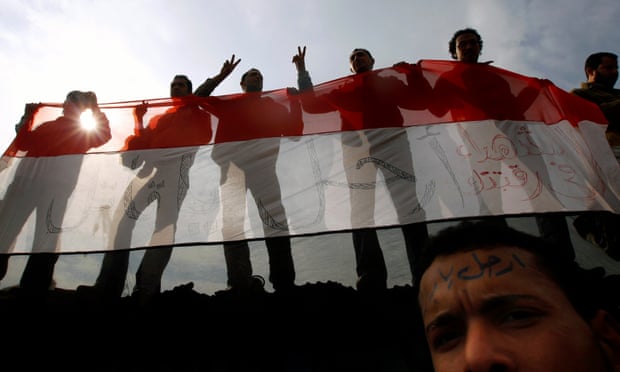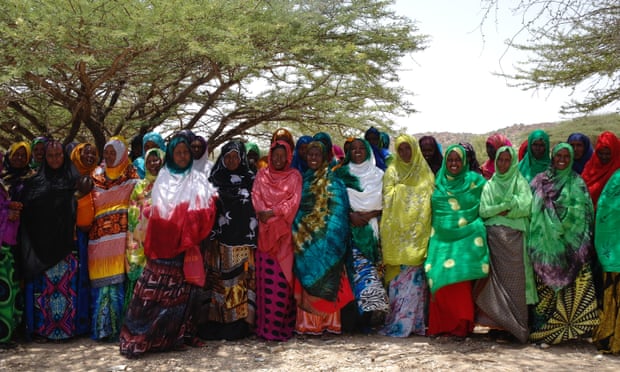
In an effort to increase patriotism in Egypt among the youth, specifically the students, the Egyptian education minister has required "students to respect the Egyptian flag or risk jail time" (Michaelson, the guardian). According to the article, respect for the flag is shown by saluting the flag. Desecrating the flag had already been criminalized in 2014 by the former President, but this new order explicitly calls out students.
Students, in recent history with the 2011 revolution, demonstrated how powerful their voices are in standing up for democracy. In fact, Ruth Michaelson states in her article that "universities were considered sites of protest after the 2011 revolution, which swept autocrat Hosni Mubarak from power" (Michaelson, the guardian). Many young people have been detained since this policy has been enacted, and the total of detainees is 40,000.
Egyptian students, and all students for that matter, are capable of creating so much positive change. The Egyptian government recognizes that which is evident by their "decision to remove teaching about the popular uprisings of 2011 and 2013 from the Egyptian curriculum prior to this academic year" (Michaelson, the guardian).
This article's title grabbed my attention not only because we, the U.S., are in the middle of a political dialogue concerning our own flag, but because students are risking their freedoms and financial gains, in order to stand up for what they believe in.
 https://www.theguardian.com/world/2017/sep/25/egyptian-students-respect-flag-risk-prison
https://www.theguardian.com/world/2017/sep/25/egyptian-students-respect-flag-risk-prison
